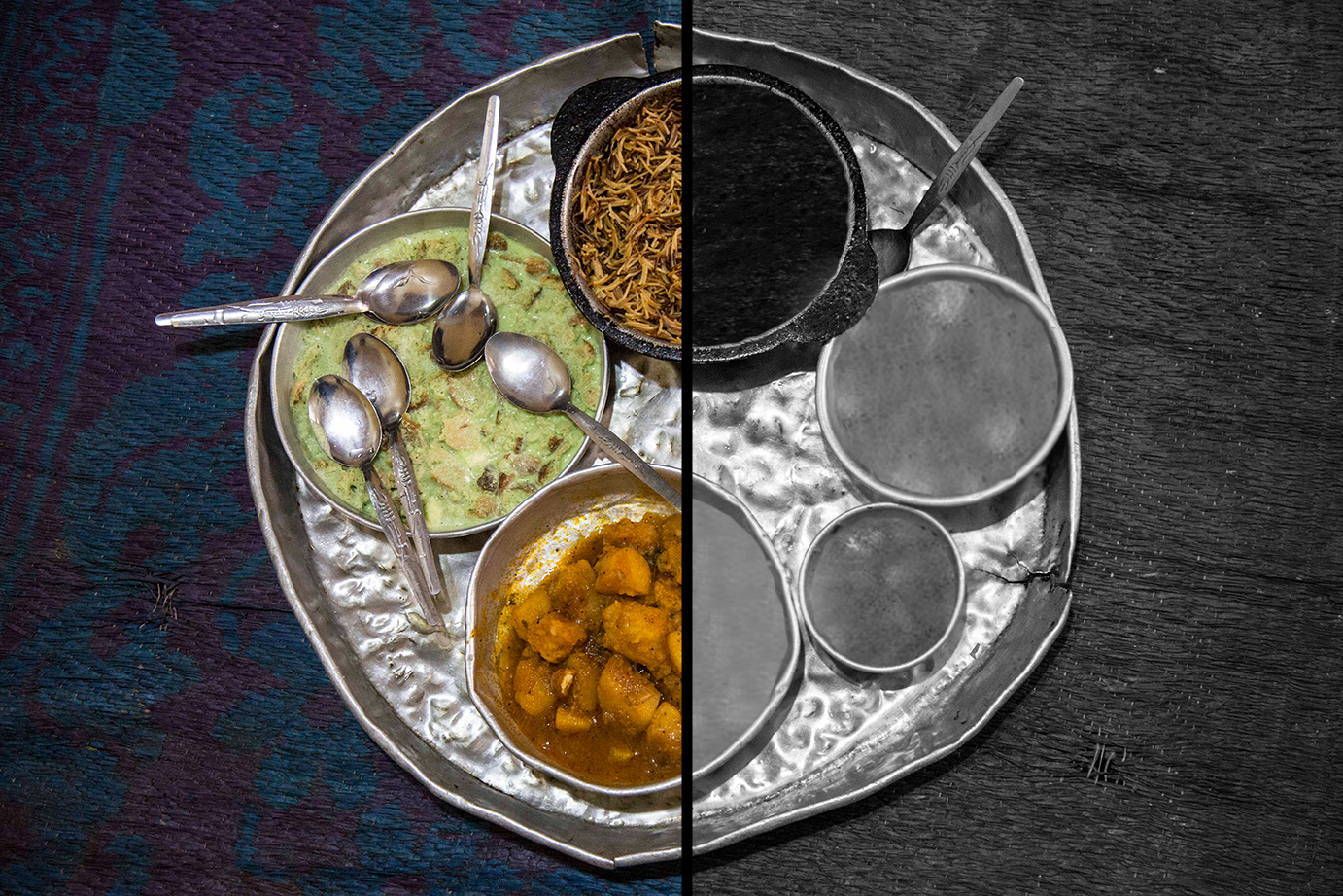By Daniel Balaban

They attribute to Einstein a phrase despite the lack of proof that he really said it. However, this does not mean it is wrong: “Insanity is doing the same thing over and over again and expecting different results”. Currently, because of the Covid-19 pandemic, some 300 million children worldwide have lost access to the school meals on which they depend. To solve this problem, we need innovative solutions.
Innovating means exploring new procedures to offer something different to an audience that will need to be introduced to new forms of support for affected beneficiaries. Innovating in times of crisis is not just an alternative, but a necessity. It is a strategic decision. A moment of crisis also offers unique opportunities for leaders and managers to focus on finding solutions that are more appropriate to the needs of the population.
The United Nations World Food Programme, the world’s largest humanitarian agency, estimates that over 860 million children globally – approximately half of the world’s student population – are not going to school due to restrictions designed to prevent the spread of Covid-19. And that number has been increasing every day.
In countries where schools are closed and where there is a WFP country office, the organisation is considering possible alternatives in partnership with national governments. This includes providing food baskets to take home, home delivery and the provision of cash or cards to purchase food.

Without alternative solutions, many children around the world who are not able to attend school would go hungry. This idea of taking food home benefits not only children, but also their families, as children continue to have their food needs attended to and the pressure on families is reduced. The governments of some countries such as Argentina, China, the USA, Britain, France and Canada have also adopted special mechanisms to ensure that the most vulnerable students do not go hungry.
But the situation is much more precarious for children living in countries affected by extreme poverty, armed conflict and whose health systems are fragile. WFP works to ensure that the 18 million children who depend on the organisation through school feeding programmes in 61 countries continue to receive food, even without being able to attend schools.
Various alternative ways of providing food to children outside of school are being studied. The WFP Centre of Excellence, based in Brazil, is developing options to help several of those countries that have national programmes to seek solutions for the current emergency.
In Brazil, there are over 40 million students who receive school meals every day and who can be affected by the situation. Some options are at the disposal of the Brazilian government, which is strategically analysing the best solution. Alternatives that may include taking advantage of food stocks already purchased by governments for the National School Meals Programme can be an efficient and effective way to: avoid wasting food already purchased by states and municipalities; to continue to buy from family farmers, generating income during the crisis; and to continue to feed affected students.

Let us remember that, for several Brazilian families, the food served at school is the most important, most nutritious and, for many, the only meal that the student receives throughout the day.
We do not yet know how long the seclusion will last until we are successful in fighting the pandemic. It will surely be too long for these children. We must take action now.
The WFP Centre of Excellence in Brazil is in close contact with other countries to share tools and ideas on how the government of Brazil will deal with the crisis in relation to school feeding. We know, however, that those will be temporary solutions.
But we are in a time of emergency. What we cannot do is do nothing and watch hunger knock at the door of these children and their families again. As stated by the director of the WFP School Feeding Division, Carmem Burbano, our children can even attend virtual classes, but they cannot eat virtually.
Daniel Balaban is Director and Representative of the WFP Center of Excellence against Hunger Brazil
Economist and Master in International Relations. Specialist in Public Policy, International Cooperation, Government Mobilization and Innovative Initiatives.





